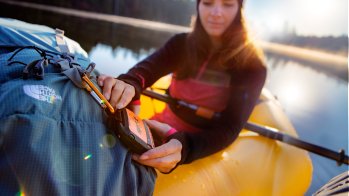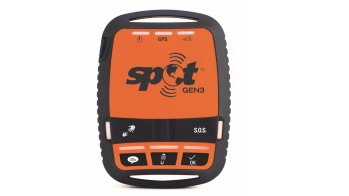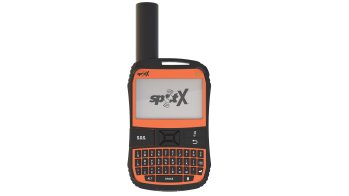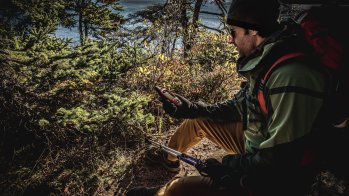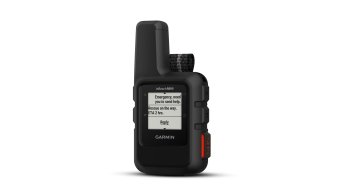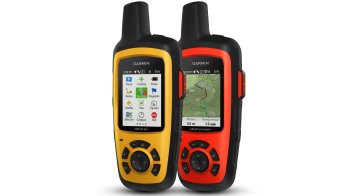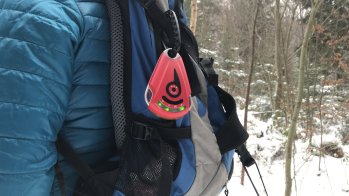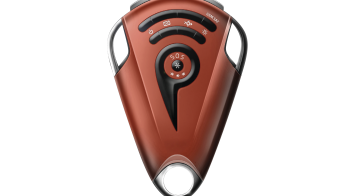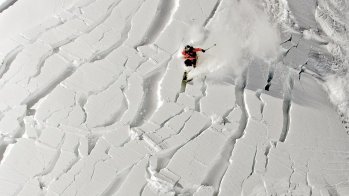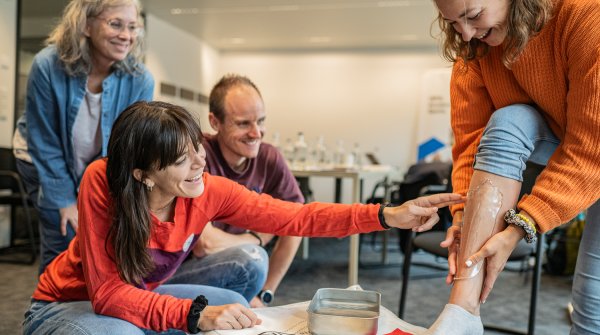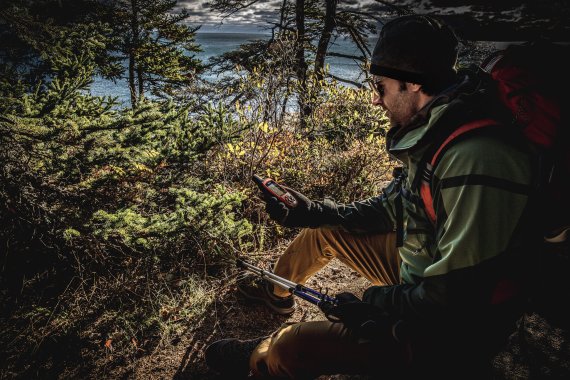
Are outdoor enthusiasts with a smartphone sufficiently equipped for emergencies in the most remote regions? No, says Markus Schlittenbauer, founder of ProteGear: "We often solely rely on our smartphones, even though we know that even some Alpine valleys are completely without network reception and that mobile phone batteries react very sensitively to the cold."
In addition, sending an emergency call via mobile phone is always linked to an active action of the user. If the user is no longer able to act in a particular situation, these systems are more or less useless. Mobile phones also do not provide information about medical data. These can, however, provide important information, for example, for mountain rescue teams during salvage. Special emergency call systems for outdoor activities can help. Read part 1 here: More safety through digital route planning
Emergency call systems and trackers for outdoor fans in pictures
Systems such as Globalstar Spot, Garmin inReach from the US or the market newcomer Protegear A*Live from Stephanskirchen in Bavaria develop emergency communication systems. They are now more than pure emergency call transmitters and, thanks to satellite technology, can be used worldwide independently from the mobile network.
The most likely known is Spot's classic tracker, which came onto the market more than ten years ago and has now made it to its third product version (Spot Gen3). The latest model is Spot X, which differs from Spot Gen3 in that it enables real two-way communication and was presented at ISPO Munich 2019 for the European market.
While the Gen3 spot only offers tracking and the possibility to send own location points or different calls for help outside of mobile networks, the X spot also allows external contact and dialogue via messenger.
Globalstar's spot products use communication satellites to transmit the data, which in turn transmit the data to receiving stations. In contrast to Garmin and Protegear, the Spot family does not offer 100% network coverage.
This is exactly what Garmin counts on: "The most serious unique selling point of all our inReach products is the 100 percent global iridium satellite network coverage," explains Peter Weirether, Garmin Head of Category Management DACH.
The inReach mini has been available since mid-2018. Since it weighs only 100 grams, Weirether says it is "particularly suitable for activities with very limited luggage possibilities".
With the inReach Explorer+, Garmin offers an emergency call system that allows navigation via pre-installed topographic maps and an integrated color display directly on the Explorer+. This combines safety and navigation functionality in a single device.
More or less new on the market is the company Protegear. Protegear has already been selling tracking, communication and emergency call systems and related services for several years - above all the Garmin inReach products. At the same time, the company - supported and promoted by the state of Bavaria - has been working on its own product development, which will combine the best of the various existing systems in one device and offer additional features.
Managing Director Markus Schlittenbauer sees disadvantages both in the non-100% area coverage and in the exclusive use of satellites: "The permanent connection to a satellite system requires a lot of battery. In addition, the connection costs are significantly higher if the GPS live tracking happens exclusively via satellite, but very short GPS intervals are recommended - as is the case with gliding, for example. But if you use the mobile network, which in most cases is available at least temporarily, you can save battery power and money. That's why we've implemented this very possibility in our A*Live."
The system registers accidents and sends a warning with the exact location to pre-defined contacts or directly to the emergency services if, for example, you do not move for more than five minutes as a result of a fall.
Another innovative feature is the coupling option with the P.RIDE avalanche airbag backpacks from ABS: if the airbag is triggered by the rider during an avalanche, the A*Live automatically makes an emergency call, which leads to a faster and often life-saving arrival of the mountain rescue. The A*Live is now ready for series production, can be pre-ordered and will be available from spring 2019.
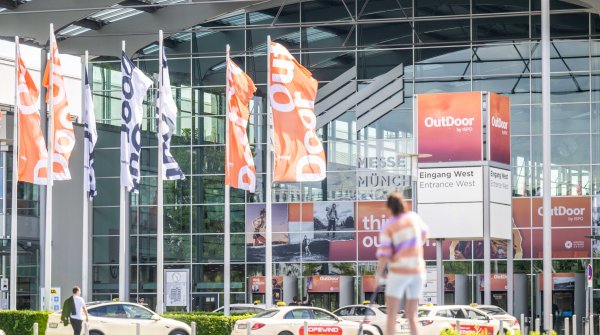 OutDoor by ISPOOutDoor in transition
OutDoor by ISPOOutDoor in transition
- ISPO awards
- Mountain sports
- Bike
- Design
- Retail
- Fitness
- Health
- ISPO Job Market
- ISPO Munich
- ISPO Shanghai
- Running
- Brands
- Sustainability
- Olympia
- OutDoor
- Promotion
- Sports Business
- ISPO Textrends
- Triathlon
- Water sports
- Winter sports
- eSports
- SportsTech
- OutDoor by ISPO
- Heroes
- Transformation
- Sport Fashion
- Urban Culture
- Challenges of a CEO
- Trade fairs
- Sports
- Find the Balance
- Product reviews
- Newsletter Exclusive Area
- Magazine

